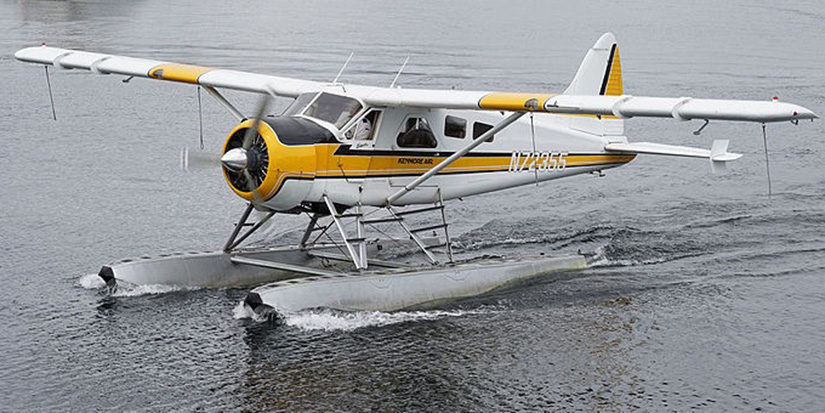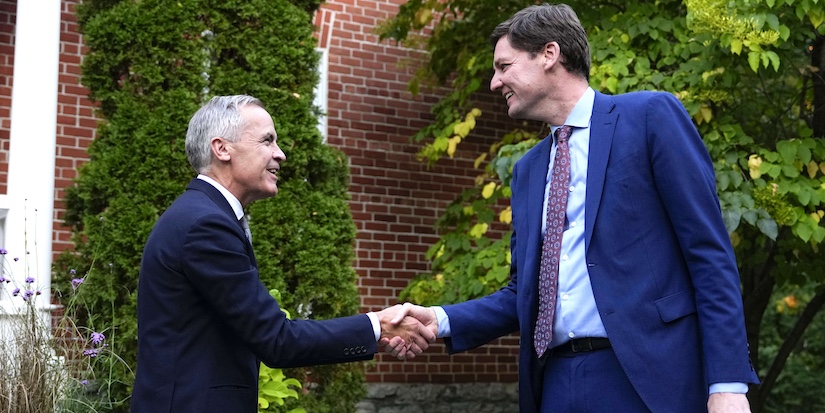Business
Aviation industry calls for immediate aid
—
Reeling from the financial effects of the COVID-19 pandemic, the airline industry is asking for immediate government help.
“With respect to aviation and aerospace, the (federal) government continues to be committed to their top priorities of the safety and security of Canadians and Canada’s transportation system,” said BC Aviation Council chair Heather Bell. “That said, we are seeing a nimbleness and flexibility within government that is unprecedented. Transport Canada, in particular, has been extremely responsive to industry regulatory needs and we need the same speed by all decision-makers to recognize the critical role that aviation plays in Canada and the financial support required. Response is needed in the order of days and weeks.”
The council has communicated its concerns to government, while proposing action items to assist airports, air operators and flying schools to survive during the liquidity phase and subsequent recovery.
“Our concerns are many, and as complex as the industry itself,” Bell explained. “For most people living in larger urban areas, the term aviation brings to mind the major air carriers and large international airports. I will stress that these organizations are being impacted in a way that has never been seen before and they are facing severe and long-term financial risks.
“But,” she continued, “we have great fear of what will happen to the safety and well-being of our citizens if the medium to small air carriers are not able to operate, if the rural airports serving remote and Indigenous communities are not sustained, flight training units have to close their doors, maintenance, repair and overhaul centres cease operations, and if essential aviation service safety providers are no longer there. At best, it will mean we may not be able to easily connect travellers to an international airport; at worst, it will mean remote communities are without vital air service for the delivery of critical medical and food supplies, and the potential to efficiently fight forest fires may be significantly diminished.”
Bell said the aviation sector is made of many components: airlines (small, medium and large), private business aviation, airports in major Canadian cities and in the smallest of remote areas, support organizations that provide skilled professionals such as flight training units, maintenance operations and critical safety services such as refuelling and de-icing.
“The loss of any one piece in the intricate and complex chain puts the entire system at risk,” she said. “Aviation is highly-regulated and capital intensive. It is not possible to shut down an airline or airport for a few weeks or months and then simply start up again. The level of skill, training and certification is (and should be) extremely high, and does not easily allow for breaks in service. The government must act now to preserve the aviation sector.”
The BC Aviation Council says that in 2019, the BC aviation industry directly employed more than 44,000 professional workers and contributed $12.6 billion to Canada’s gross domestic product. The province is home to 172 air operators, 42 flying schools and more than 10 aerospace companies. The majorities are small businesses.
The council also claims business in the aviation sector is down 93 per cent since the pandemic began.
While most of the industry has been designated an essential service, the council says more help is needed in addition to programs already announced. Among its recommendations is that the federal government provide low barrier, forgivable business loans or grants to essential small or regional air operators and aircraft maintenance providers to cover such costs as NAV Canada charges, airport charges, aviation fuel excise taxes and rent and ground handling fees.






























